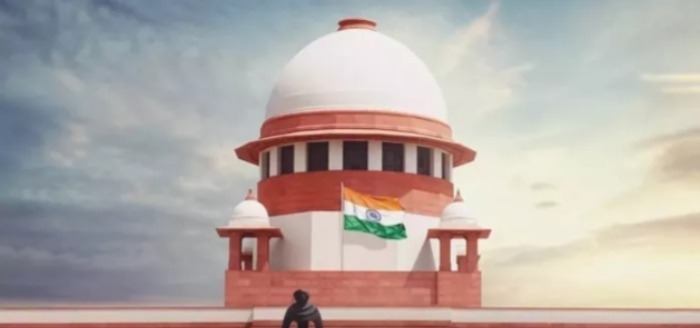
The Supreme Court has refused to intervene in the caste census case. The apex court said that this matter falls under the purview of the government and is a matter of policy. The Supreme Court refused to consider the petition demanding socio-economic caste census. After this, the petitioner sought permission to withdraw the petition.
P. Prasad Naidu had filed a petition in the Supreme Court through senior advocate Ravi Shankar Jandiala and advocate Shravan Kumar Karanam seeking direction to the Center to conduct caste census. The bench of Justice Hrishikesh Roy and Justice SVN Bhatti heard the case on Monday.
The court said- what can be done about this?
"What can be done about this? This issue falls within the domain of governance. It is a matter of policy," the court told the petitioner's counsel. Advocate Ravi Shankar Jandiala argued that many countries have done this, but India has not done so yet. He said, "The 1992 Indra Sawhney judgment states that this census should be done periodically."
We cannot interfere
The Supreme Court bench said that it is dismissing the petition as the court cannot interfere in this matter. Sensing the mood of the court, the lawyer sought permission to withdraw the petition, which was accepted by the bench. Naidu had said in his petition that the Center and its agencies are repeatedly postponing the 2021 census.
Explained in the petition why caste census is necessary
The petition said that the Socio-Economic Caste Census will help identify disadvantaged groups, ensure equitable resource distribution and monitor the implementation of targeted policies. The last caste-wise data of 1931 is outdated.
Accurate data from the census and the socio-economic and caste census is important for the central government to achieve social justice and constitutional objectives. The SECC, conducted in 2011 for the first time since independence, was aimed at collecting comprehensive data on socio-economic indicators, including caste-related information.
Read More: Sonepat: Retired Delhi Police ASI killed by assailants, body found in factory
--Advertisement--

 Priya
Priya Share
Share



